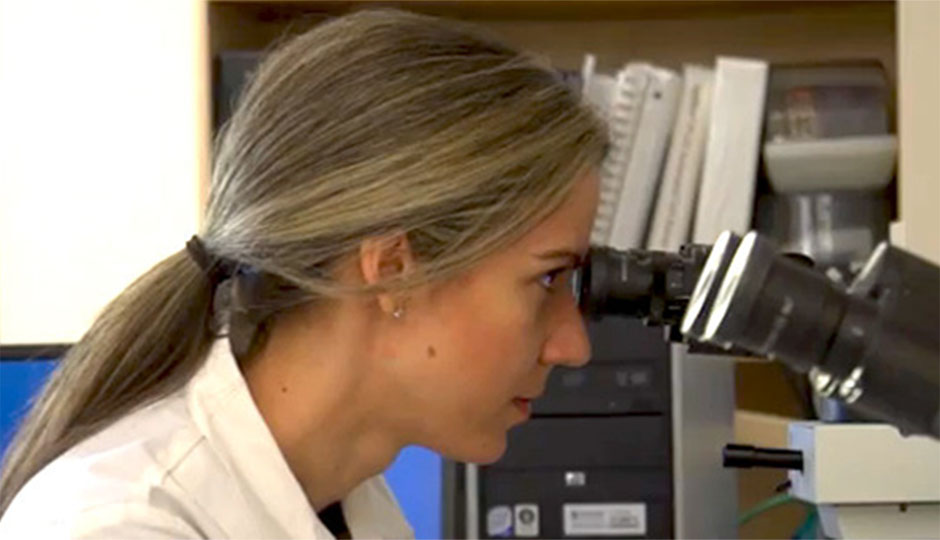Mass General Study: How brain metastases may be shaped by the genetic alterations and the microenvironment in the brain

Photo Credit: Mass General Cancer Center
The brain is one of the major sites of metastasis (spread) for several different cancers. Once cancer spreads to the brain, the prognosis is dismal; quality of life is severely compromised, and survival rates at this point are in months and not years.
Unfortunately, little is known about brain metastasis, despite the fact it is the most common neurological complication of cancer. Most cancer cells that leave primary tumors do not survive, but an unknown mechanism allows the few cells that do survive to actually thrive in the brain.
The brain is protected from tumor cell invasion by the blood brain barrier (BBB), and even if cancer cells do manage to migrate to the brain, they must adapt themselves in that microenvironment, which is utterly different from that of the primary site where the cancer originated. Some scientists hypothesize that it is the failure of the BBB that is the first critical step of brain metastasis.
Priscilla Brastianos, M.D., a neurooncologist and director of the Brain Metastasis program at Massachusetts General Hospital Cancer Center and her international team of colleagues investigated the possible molecular alterations that may impact the behavior of metastatic brain tumors. Advances in genomic sequencing allow for this important research, and her team performed whole exome sequencing on 86 matched brain metastases, primary tumors, and normal tissue. This is the largest sequencing study of brain metastases to date.
In collaboration with the Broad Institute, they analyzed the genetic composition of the cancer tissues and found a “common ancestor” between each of the samples, but in 53% of the cases, there were potentially clinically informative alterations in the brain metastasis that were not found in the original primary tumor sample.
There were several key genetic alterations that would indicate that brain metastases may be shaped by the genetic alterations and the microenvironment in the brain itself. “We found genetic alterations in brain metastasis that could affect treatment decision in more than half of the patients in our study.” said Dr. Brastianos. “We could not detect these genetic alterations in the biopsy of the primary tumor. This means that when we rely on the analysis of a primary tumor we may miss mutations in the brain metastases that we could potentially target and treat effectively with drugs.”
Because biopsies of the brain are rare, it is challenging to characterize the genetics of metastases. “When brain metastasis tissue is available as part of clinical care, we are suggesting sequencing and analysis of that sample,” said Dr. Brastianos. “It may offer more therapeutic opportunities for the patient. Genetic characterization of even a single brain metastasis may be superior to that of the primary tumor or a lymph node biopsy for selection of a targeted treatment. This may represent a paradigm shift in the management of brain metastases. I hope this will lead to improved clinical outcomes in brain metastasis patients, an area in oncology with a huge unmet clinical need.”
To learn more about the research occurring at the Mass General Cancer Center, visit www.massgeneral.org/cancer.
This is a paid partnership between Mass General Cancer Center and Boston Magazine



